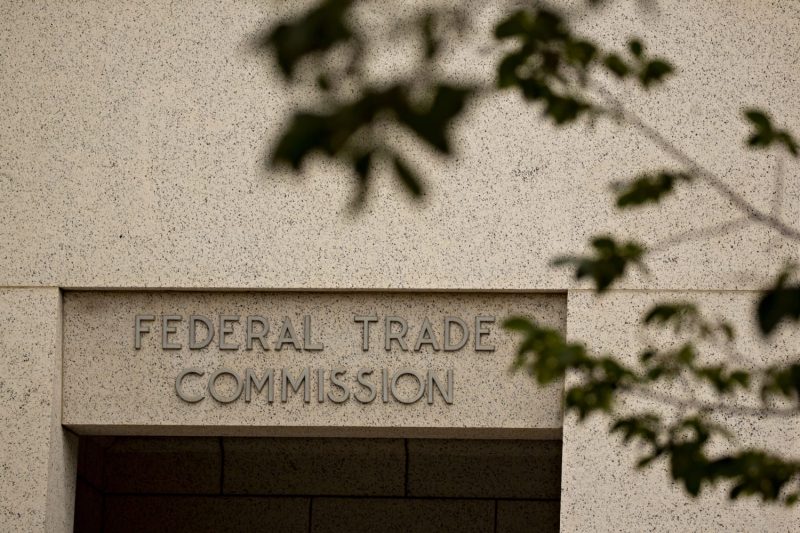
High Stakes: Federal Trade Commission Takes Aim at Insulin Price Inflation by Three Drug Middlemen
In a recent development that has sent shockwaves through the pharmaceutical industry, the Federal Trade Commission (FTC) has filed a lawsuit against three major drug middlemen, accusing them of engaging in anti-competitive practices that have resulted in the inflation of insulin prices. The lawsuit, which represents a significant escalation of regulatory scrutiny in the healthcare sector, highlights the challenges posed by rising drug prices and the need for greater transparency and accountability in the pharmaceutical supply chain.
The FTC’s lawsuit targets three prominent drug middlemen – Express Scripts, CVS Health, and OptumRx – accusing them of engaging in a series of anti-competitive practices that have artificially inflated the prices of insulin, a life-saving medication used by millions of Americans with diabetes. According to the FTC, these companies have used their dominant market positions to allegedly engage in tactics such as exclusivity agreements with insulin manufacturers, rebate bundling practices, and steering patients towards higher-priced insulin products.
Express Scripts, CVS Health, and OptumRx are among the largest pharmacy benefit managers (PBMs) in the United States, controlling a significant portion of the market for negotiating drug prices on behalf of insurers and employers. The FTC alleges that these companies have abused their market power to extract higher rebates from insulin manufacturers, which in turn have led to higher costs for patients and insurers.
The implications of the FTC’s lawsuit are far-reaching, as it shines a spotlight on the opaque and complex nature of the pharmaceutical supply chain. PBMs like Express Scripts, CVS Health, and OptumRx play a key role in negotiating drug prices and managing benefits for millions of Americans, yet their practices have come under increasing scrutiny for their lack of transparency and potential for anti-competitive behavior.
The rising cost of prescription drugs, including insulin, has been a growing concern for policymakers, healthcare providers, and patients alike. The FTC’s lawsuit represents a significant step towards holding drug middlemen accountable for their role in driving up prices and limiting competition in the pharmaceutical market. By challenging the business practices of PBMs, the FTC is sending a clear signal that it will not tolerate anti-competitive behavior that harms consumers and stifles innovation.
As the legal battle between the FTC and the three drug middlemen unfolds, stakeholders across the healthcare industry will be closely watching the outcome and its potential implications for the future of drug pricing and market competition. The case underscores the need for greater transparency, competition, and regulatory oversight in the pharmaceutical sector to ensure that patients have access to affordable and high-quality medications.
In conclusion, the FTC’s lawsuit against Express Scripts, CVS Health, and OptumRx marks a significant turning point in the ongoing debate over drug pricing and the role of middlemen in the pharmaceutical supply chain. By taking action against these companies, the FTC is sending a strong message that anti-competitive practices in the healthcare sector will not be tolerated. The outcome of this legal battle will have far-reaching implications for the future of drug pricing and competition, shaping the landscape of the pharmaceutical industry for years to come.
